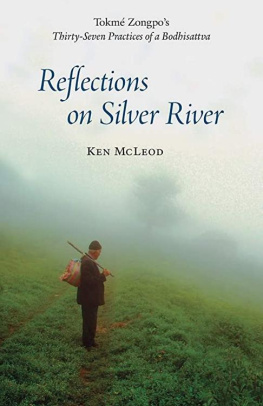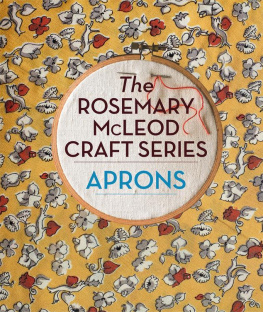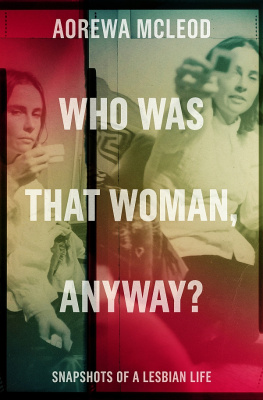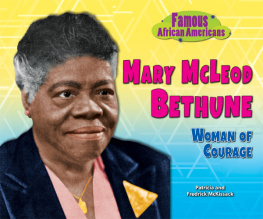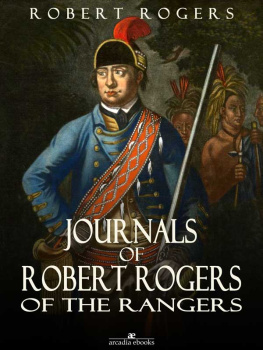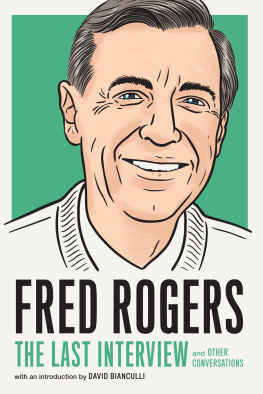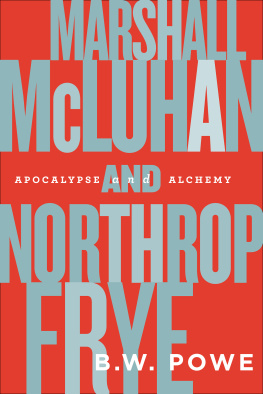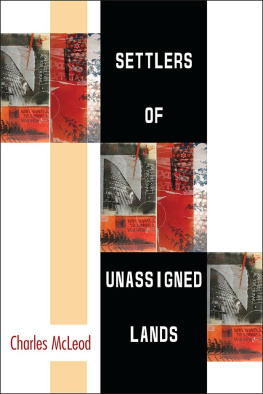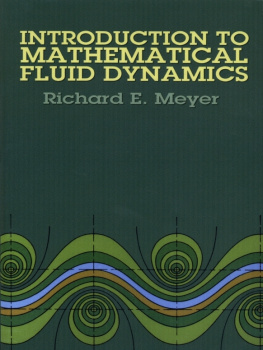Jaqueline McLeod Rogers - Finding McLuhan
Here you can read online Jaqueline McLeod Rogers - Finding McLuhan full text of the book (entire story) in english for free. Download pdf and epub, get meaning, cover and reviews about this ebook. year: 2016, publisher: University of Regina Press, genre: Romance novel. Description of the work, (preface) as well as reviews are available. Best literature library LitArk.com created for fans of good reading and offers a wide selection of genres:
Romance novel
Science fiction
Adventure
Detective
Science
History
Home and family
Prose
Art
Politics
Computer
Non-fiction
Religion
Business
Children
Humor
Choose a favorite category and find really read worthwhile books. Enjoy immersion in the world of imagination, feel the emotions of the characters or learn something new for yourself, make an fascinating discovery.

- Book:Finding McLuhan
- Author:
- Publisher:University of Regina Press
- Genre:
- Year:2016
- Rating:5 / 5
- Favourites:Add to favourites
- Your mark:
- 100
- 1
- 2
- 3
- 4
- 5
Finding McLuhan: summary, description and annotation
We offer to read an annotation, description, summary or preface (depends on what the author of the book "Finding McLuhan" wrote himself). If you haven't found the necessary information about the book — write in the comments, we will try to find it.
Finding McLuhan — read online for free the complete book (whole text) full work
Below is the text of the book, divided by pages. System saving the place of the last page read, allows you to conveniently read the book "Finding McLuhan" online for free, without having to search again every time where you left off. Put a bookmark, and you can go to the page where you finished reading at any time.
Font size:
Interval:
Bookmark:
M c L U HAN

Copy edit: Dallas Harrison
Cover photo: Source image by Michael Erard. Mcluhan portrait by Wayne Miller,
from Magnum Photos, NYC64776 (W00000/01)
ISBN 978-0-88977-383-7 (pdf).ISBN 978-0-88977-385-1 (html)
author, editor II. Whalen, Tracy, 1970-, editor III. Taylor, Catherine, 1954-, editor
 University of Regina Press, University of Regina
University of Regina Press, University of ReginaRegina, Saskatchewan, Canada, S4 S 0A2
tel: (306) 585-4758 fax: (306) 585-4699
web: www.uofrpress.ca

Hartley Anne Rogers, Morgan Leigh Rogers,
and Warren Rogers
to my partner, Janice Ristock
TRANSFORMATIONS / ADAPTATIONS
Font size:
Interval:
Bookmark:
Similar books «Finding McLuhan»
Look at similar books to Finding McLuhan. We have selected literature similar in name and meaning in the hope of providing readers with more options to find new, interesting, not yet read works.
Discussion, reviews of the book Finding McLuhan and just readers' own opinions. Leave your comments, write what you think about the work, its meaning or the main characters. Specify what exactly you liked and what you didn't like, and why you think so.


